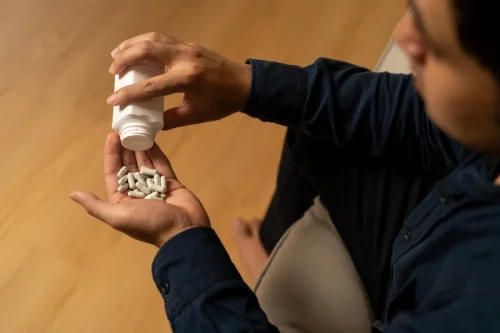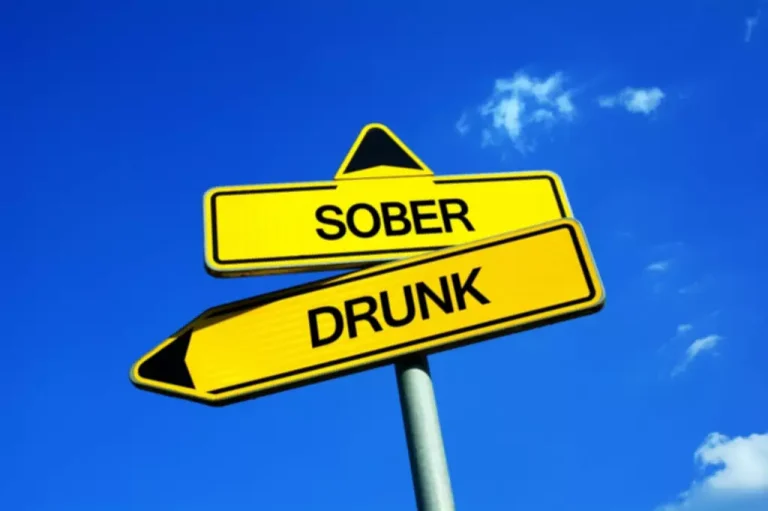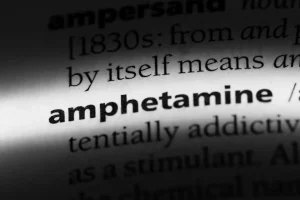
Use this list to start thinking about what triggers you are likely to face in your recovery journey. Part of managing external triggers involves simply removing the source. This may mean leaving the grocery store or not saying hello to a friend from that period in your life. They often involve people with whom you engaged in alcohol and drug addiction or places where it occurred. Managing these triggers often requires the ability to process experiences in your past that led to emotional wounds or trauma.
Internal and External Triggers: 13 Examples of Each
Whether you like biking, dancing, hiking, yoga, Pilates, or anything in between, what matters most is the effort and consistency you put into it. We suggest participating in group workouts so you can begin forming positive social connections. You may simply want to write about your day, use your journal as a place to keep a list of moments that brought you joy, or even construct a gratitude list. There are also recovery-specific journals available that include inspirational quotes and reminders to help you on your path. These journals may provide various prompts or inspirational stories to aid your recovery journey. When you choose to get treatment at North Georgia Recovery Center, you can rest assured knowing that you will be treated by licensed therapists in our state-of-the-art facilities.

Top 7 Relapse Triggers And How To Manage Them

We must be aware of these potential triggers to maintain our recovery journey and stay on the path of sobriety. It is important to recognize these triggers and take steps to avoid them. This could include avoiding certain people or places or engaging in activities that help to distract. A good example of mental health triggers occurs in people with post-traumatic stress disorder. In this mental health disorder, a person may relive experiences and traumatic events when they hear a specific sound or walk into a room where the trauma occurred. For those who have experienced trauma, emotional triggers can reignite the emotions and sensations of being traumatized again no matter where you are.

People Trigger Relapse
In addition to the mindfulness practices outlined above, apply what you learned in cognitive behavioral therapy (CBT), which teaches people how to identify and process triggering situations or events. Old friends may be an external trigger if you used to engage in substance abuse with them. Meeting old friends may cause you to reminisce about old times, romanticizing alcohol or drug addiction. Friends can be a huge benefit to you throughout the recovery process.

Struggling with finances, family or other stressful situations can bring back the intense need to use as a way to soothe those thoughts and feelings and to feel good for a few moments. Every external triggers individual in recovery from a drug or alcohol addiction needs to work each day to keep their sobriety. During recovery, each person will encounter triggers that could result in relapse.
- It’s something that makes you want to use drugs even though you’re sober.
- This might include seeking professional help, such as therapy or counseling, to better understand and manage these emotions.
- Therapy tends to take time, so having patience with yourself and the process can be essential to long-term success.
- On the other hand, external triggers are people, places, and objects that remind you of past substance abuse and reinforce the desire to use drugs or alcohol.
- On average more than 85% of individuals are susceptible to relapse in the following year after drug and alcohol treatment.
Self-Awareness: A Key to Addressing Internal Triggers
- Without healthy coping mechanisms, individuals faced with stress are more likely to relapse.
- When it comes to making changes to your life to remove triggers, be realistic.
- This state of mind is dangerous because it encourages bad health practices that can eventually lead to a full-blown relapse.
- If you are facing chronic pain, reach out to your recovery center, if you haven’t already.
- For example, they can end relationships with certain people, purposefully avoid certain places, or not attend an event where a particular person will be.
- Understanding your triggers strengthens your ability to take proactive steps when faced with challenging situations and reinforces your commitment to sobriety.


No responses yet